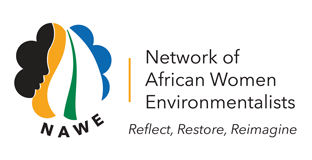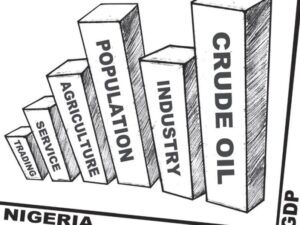Better Trash Collection for a Stronger Recovery: Solid Waste Management as a Pillar of Urban Change
Solid waste workers have been indispensable to protecting cities around the world during the COVID-19 pandemic. Their heroic examples, from India to Vietnam to Latin America, have helped cities keep moving. But a critical alignment of factors is making their survival harder.
The working conditions of frontline solid waste management workers are uniquely challenging at the best of times. The world generates more than 2 billion tons of solid waste every year, and as many as 85% of solid waste workers are informal, with only about 4 million under formal labor conditions. The pandemic has exacerbated things even beyond the direct health risk to workers. The closure of country borders and the lower prices of plastics due to low oil prices have hit the livelihoods of waste workers especially hard. Many rely on revenue from recycling, which is now less lucrative.
As the World Bank estimates that between 88-115 million people will be pushed back into poverty by the pandemic, the IMF is calling on governments to scale up quality public investments as a part of recovery programs, including in environmental protection and climate adaptation. While governments and cities in medium- and low-income economies are highly constrained by limited fiscal resources, integrating solid waste management improvements into resilient recovery programs can help create jobs, close equity gaps, increase environmental protections and forge more efficient, sustainable cities.
To achieve this impact, cities should view solid waste management not only as a municipal function of collection and disposal of waste, but as a whole-of-society set of activities – from environmental protection to climate adaptation, inclusive jobs to a circular economy.
Job Creation
The solid waste management ecosystem has enormous potential to generate green jobs. The examples of Brazil or the city of Pune, India, integrating informal waste pickers through cooperatives into formal waste management systems give important lessons. Even simpler steps that alleviate small, less expensive bottlenecks in the system can unleash waste pickers’ productivity. Collection stations in low-income communities allows for consolidation of materials, facilitation of recyclables collection can optimize frequency and volumes, and registering waste pickers can allow them to take advantage of social protection systems.
Ideally, municipalities go a step further and encourage the establishment of small- and medium-sized enterprises (SMEs) with business models that can grow after the pandemic recovery phase. Some of these businesses can thrive in specialized waste streams such as e-waste. This will require breaking traditional silos between SME support programs, skills and training platforms and the solid waste sector, which is often forgotten as a strong option for green jobs and SMEs. In Jamaica, for example, Environmental Wardens are employed to educate neighbors to keep communities clean and encourage depositing of waste into bins, rather than burning and dumping. Read more…








